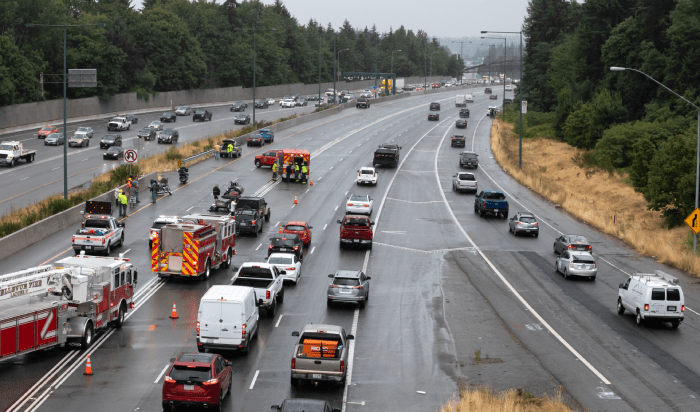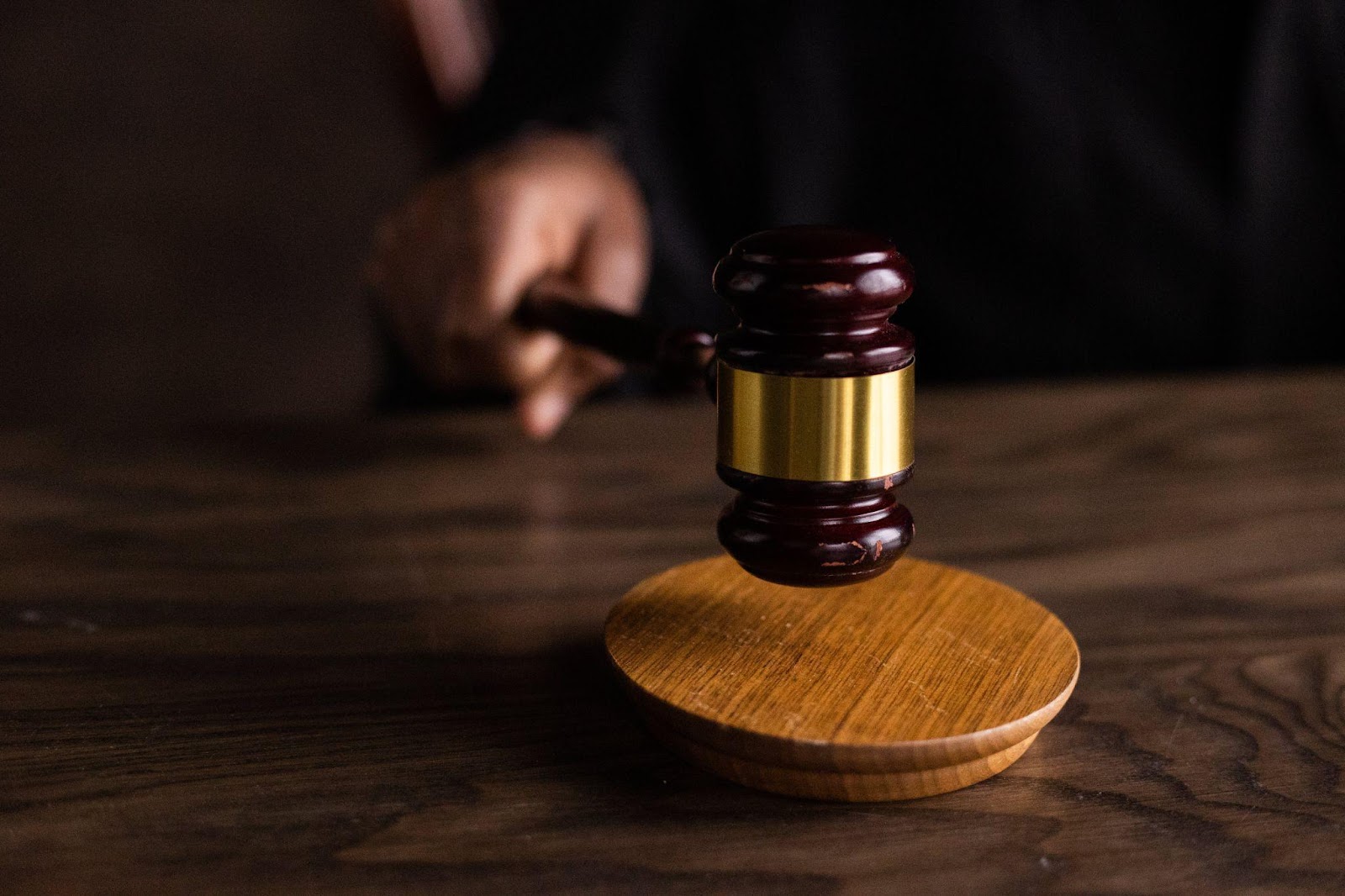Did you know that an average of 6 in 100 Americans will experience Post-Traumatic Stress Disorder? With PTSD so common, it’s crucial to understand how to recognize Complex PTSD physical symptoms. But how do you recognize signs of PTSD caused by an accident?
If you’re curious about PTSD symptoms, we’re here to help. Read on to learn more about Complex PTSD and the symptoms you should expect.
What Is Complex PTSD?
To begin, what is Complex PTSD? Is Complex PTSD different from “standard” PTSD?
Often shortened to C-PTSD, Complex PTSD has many similarities to PTSD. The primary difference is that a single traumatic event often causes PTSD, while C-PTSD is caused by ongoing trauma.
You may wonder how accidents can cause C-PTSD when accidents usually are single events. In the case of PTSD caused by an accident, C-PTSD may arise as a result of ongoing recovery or persistent pain. A lengthy, grueling recovery following a severe accident is a common cause.
It’s important not to self-diagnose yourself with C-PTSD. You may misdiagnose and miss out on crucial care that a proper diagnosis could’ve given you. Make sure you seek out professional care to deal with your Complex PTSD physical symptoms.
Common Complex PTSD Physical Symptoms
For the sake of this discussion, we’ll ignore the many mental and emotional symptoms that C-PTSD can cause. You should discuss any mental or emotional symptoms with your primary care provider or another doctor.
Read on for some of the most common symptoms of post-traumatic stress disorder.
Gaining Weight
One of the most common symptoms of C-PTSD is gaining weight. A heightened sense of stress can increase the sufferer’s appetite. The symptom is often referred to as “stress eating.”
A healthy diet can help prevent this particular symptom. However, there are many cases where the diet is not the cause.
For example, it’s not uncommon for a traumatic symptom to manifest by changing your metabolism. You may have changed nothing in your diet and are rapidly gaining weight. It’s most common for this weight to appear around your stomach and midsection.
Ringing Ears or Sudden Tinnitus
You may have experienced tinnitus shortly after a concert or staying somewhere loud. Firearms, loud instruments, and even packed malls can all cause tinnitus. Tinnitus is the sensation of ringing ears, often accompanied by muffled hearing.
One of the causes of tinnitus is an issue with the limbic system in your brain. When we experience significant stress, the same limbic system can suffer difficulties.
As such, if you find your ears ringing after your accident, it’s likely a symptom of C-PTSD. You should mention the symptom to your doctor and ensure there aren’t other likely causes.
Inability to Sleep
Many of us have experienced nights where we’re too stressed to sleep. PTSD and C-PTSD can frequently cause problems with your sleep.
To make matters worse, this symptom can exacerbate other symptoms. A lack of sleep can lead to chronic fatigue. If you’re dealing with mental symptoms like stress and irritability, a lack of sleep can worsen these symptoms.
Frequent Aches and Pains
Frequent aches and pains are one of the most common symptoms of C-PTSD. Even after you’ve recovered from any physical injuries from your accident, lingering pain is likely.
If you’re having issues sleeping, the symptoms may have a relation. Severe stress can also cause your body to respond by never correctly resting. As a result, your body can feel exhausted or fatigued for extended periods.
Another cause of this symptom is extensive exposure to high cortisol levels. Depletion of your body’s adrenaline can also result in the generation of the hormone prolactin, which makes us more sensitive to pain.
There are also mental symptoms that can relate to pain. If you’ve experienced these symptoms, we suggest contacting professionals like Alpha Accident Lawyers. A professional team can help you better navigate your recovery and journey to wellness.
Ease of Scarring
One of the more esoteric symptoms is finding your body scars easier. Light injuries that previously would have healed quickly may now leave lasting marks. But why?
The primary cause is that your body activates multiple ways to keep you safe in response to trauma. One method is to draw water away from the outermost layers of skin. The leading theory is that our bodies do this to conserve water in response to the stress of trauma.
As a result, your skin can’t repair itself as quickly as before. This symptom is particularly noticeable if you have conditions like psoriasis or eczema. Even small grazes or slices that don’t bleed can leave scars.
Change in Intestinal Function
A pervasive result of C-PTSD is a change in your intestinal function. To simplify, a symptom of trauma is to change how your stomach works.
A leading cause of this is stress irritating your stomach. In extreme stress, you may struggle to keep a meal down or enjoy the same foods. Difficulty eating is among the most common PTSD symptoms.
A cause of this is your body releasing a hormone called corticotropin-releasing factor, or CRF. In short, your body locks itself into a “flight” status in response to the trauma. C-PTSD can cause this process to elongate over weeks, months, and even years.
You should discuss how to return these hormones to normal with your doctor. They can help lead you through a change in diet or medicinal action.
Handling PTSD Caused by an Accident
The many Complex PTSD physical symptoms you may suffer from are a result of your body handling the extensive trauma.
These symptoms may result from your body handling the trauma or an extension of mental symptoms. It’s essential to seek professional accident lawyers and medical personnel.
For more information, be sure to read our extensive blog!















